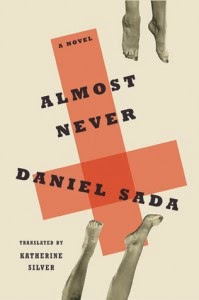 I do love the Supremes, but the song of theirs that best captures my reflecting on 2013 is not the song of the title but rather this:
I do love the Supremes, but the song of theirs that best captures my reflecting on 2013 is not the song of the title but rather this:
I need love, love to ease my mind
I need to find, find someone to call mine
But Mama said
I need to find, find someone to call mine
But Mama said
You can't hurry love
No, you just have to wait
She said love don't come easy
It's a game of give and take
No, you just have to wait
She said love don't come easy
It's a game of give and take
You can't hurry love
No, you just have to wait
You got to trust, give it time
No matter how long it takes
They were referring to a life long love affair, which I found quite early in life and hurried it along quite nicely, thank you. In middle age I am now referring to a love of life and the things that it brings. I am feeling thankful, but there is some bittersweet mixed in with that, and I want to take the lessons that 2013 taught and carry them into 2014.No, you just have to wait
You got to trust, give it time
No matter how long it takes
Most of I am thankful to live in a functional community and in 2013 I lived with all my offspring nearby. What a gift. I know that it will not last, but it made the year a fantastic one, where we had a meal together at least 3 times a month and not unusually more often than that.
My yongest son watched a documentary on happiness and noted that the more a country functioned as a community the happier it's citizens were. Denmark, which is not well know for it's sparkling winter weather was the happiest country on the planet. They have a living wage for all, a populace that is physically active (over a third of commuters in Copenhagen bike to work), and universal health coverage--but they also value each other. I know from personal experience that it is cost prohibitive to go out to eat there, so you must have people over--I have been a little negligent on that score, so will try to pick up the pace in 2014.





































